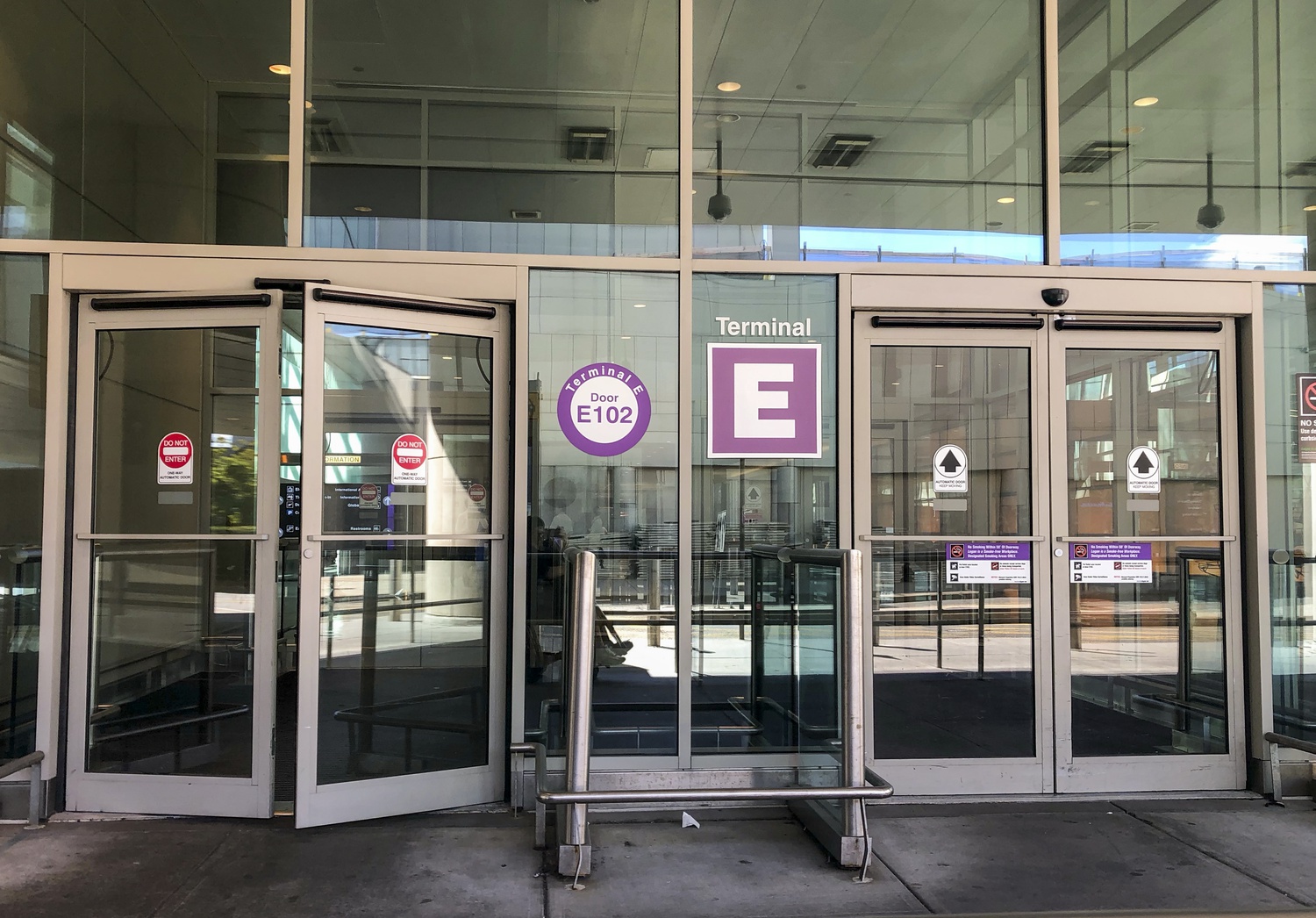International Harvard Affiliates Detained at Logan Airport Following Presidential Proclamation
Mission 1000
Archives
International Harvard Affiliates Detained at Logan Airport Following Presidential Proclamation
SIGN UP FOR OUR NEWSLETTER
International Harvard Affiliates Detained at Logan Airport Following Presidential Proclamation |
Foreign students and scholars face visa denials and detentions amid new entry restrictions |
In the wake of President Donald Trump's June 4 proclamation restricting entry for international students at Harvard University, numerous foreign scholars and students encountered significant obstacles upon arrival at Boston Logan International Airport. Many were detained for extended periods, and some faced immediate deportation.
Maureen Martin, director of immigration services at Harvard's International Office, detailed these incidents in a recent court filing. She reported that on June 5, several international students arriving on multiple flights were subjected to secondary inspections, resulting in hours-long detentions without communication access. Families, unaware of their loved ones' whereabouts, reached out in distress. Martin's attempts to obtain information from Customs and Border Protection (CBP) were met with limited responses, as officials awaited directives from headquarters.
Among those affected were two incoming J-1 visa holders from India and China. The Chinese scholar endured a six-hour detention without phone access, preventing contact with family or legal counsel. He was subsequently deported, with his passport stamped to indicate a voluntary withdrawal from entry.
Despite a federal judge's temporary restraining order on June 5 blocking the proclamation, enforcement continued. At least three Harvard affiliates, including a researcher returned to India, were denied entry based on the proclamation. In Munich, two visa applicants—a postdoctoral researcher and a prospective Harvard Business School student—were denied visas on June 6, even after the restraining order was in place. Consular officers cited directives from Washington as the basis for these denials.
The administration's intensified scrutiny extended to social media accounts of Harvard affiliates and a suspension of visa interview scheduling in late May. This led to canceled appointments, such as that of an Israeli visiting professor whose June 11 interview in Tel Aviv was abruptly canceled, jeopardizing his scheduled July teaching engagement at Harvard.
The uncertainty surrounding international student visas has also impacted Harvard's external partnerships. An executive education program terminated its collaboration with Harvard Medical School after its CEO was denied a visa due to the program's association with Harvard. Additionally, a third-party sponsor withdrew a $50,000 grant offered to an incoming Harvard Law School student, suggesting the student seek placement at another institution.
Other universities have seized this opportunity to attract talent away from Harvard. A Turkish university, for instance, introduced an expedited admissions program targeting current Harvard students amid the ongoing visa challenges.
Harvard continues to advocate for its international community, emphasizing the critical role these students and scholars play in the university's academic and cultural fabric. The institution remains committed to navigating these challenges and supporting its global affiliates during this tumultuous period. |


